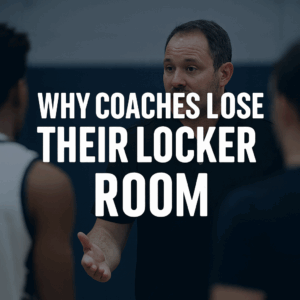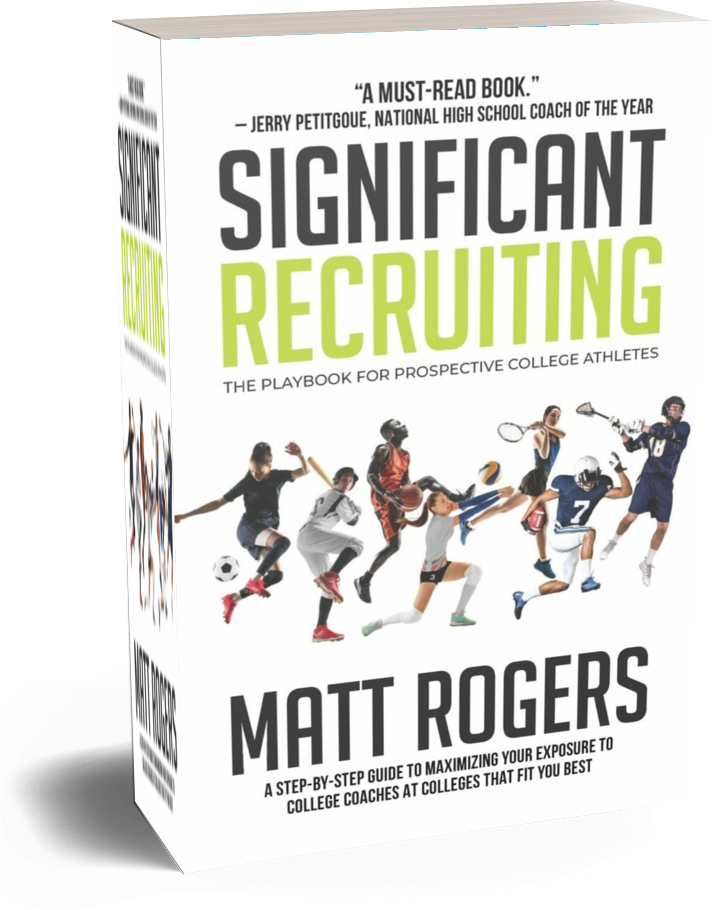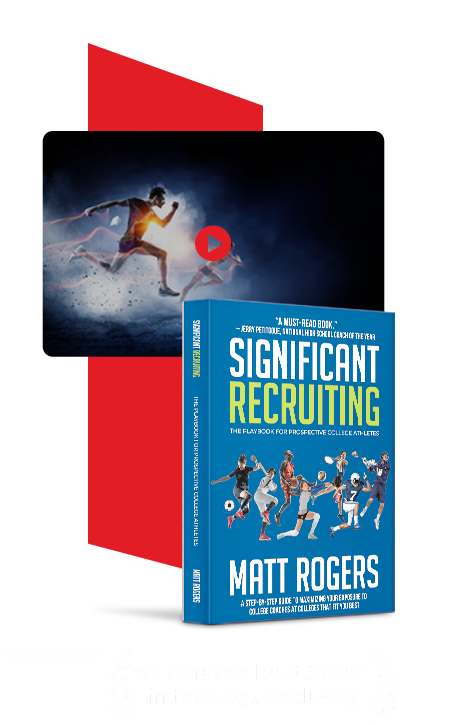“An investment in knowledge pays the best interest.” –Benjamin Franklin
I rarely meet with a student or a parent where they don’t already have a preconceived notion on what schools are best for them. When I ask them why they think that way, they rarely have a better response than “We’ve heard good things.”
My struggle with that statement is the passing of the buck to someone else’s opinion or evaluation to make a decision that is supposed to be right for you. What if that person who told you that particular school was a good choice was greatly different than you? They studied chemistry, didn’t mind cold weather, were very comfortable in huge dormitory tower-style living and giant lecture hall learning. And you? You prefer to study English and Literature, very much like year-round warm weather, and prefer fewer people and smaller more intimate classroom settings.
My point is, until you’ve figured out what makes you happy and healthy and you’ve done your own personal research and visits, how are you ever going to know what schools, or even types of schools, fit you best.
I spent a big portion of my book on this subject because I truly believe that most kids fail, drop-out or transfer after their first year of college because they didn’t put enough time into figuring out what was best for them before making one of the biggest decisions they will ever make in their life.
When I am asked how to pick the best college for student-athletes aspiring to be college student-athletes, I focus on these 5 topics:
The 5 Keys to Picking the Right College
1. How far from home are you willing to go? [And, where do you want to live after college?]
- It doesn’t matter the quality of the education or the fit of the school if you are a home-body who doesn’t want to be a part from your family more than a few weeks at a time. If you are the type who will get homesick or feel guilty that you won’t be able to consistently see your friends and family, than you may want to consider only schools that are less than a day’s drive away (4-5 hours max).
2. Do you learn better in big environments (lots of students where you can hide a bit and sit in the shadows when you want to) or smaller environments (fewer students and more intimate learning environments)?
- A lot of kids get excited about sitting in a big stadium on Saturday afternoons watching their favorite football team play with 70,000 other fans, but that doesn’t mean you are extroverted enough to handle a tower dorm that houses thousands of other students and 2 years of lecture halls with 200-300 students and no one-on-one access to your professors in those classes.
3. What do you want to do for a career when you get older? What kind of jobs sound like they would be fun for you to do?
- I’m not a big believer in starting with picking a major. I want teenagers to consider the life they want and the day-to-day work that may make them happy. Why spend 4-years getting a business degree when you know deep in your heart you want to take photographs for a living? Pick a school where you can major in Photographic Arts and minor in Entrepreneurial Business, so you are a master of your craft, but you also know how to run your own business.
4. Are you a warm weather person or do you not mind 4 seasons of weather? [Again, where do you want to live after college?]
- University of Chicago and NYU are two of the best colleges in the country, but if you struggle in sub-zero weather and live to be outdoors as often as you can, neither school may be a good fit for you if you won’t be happy being indoors from December through March. Chris Krich, Head Football Coach, at the University La Verne wrote a great piece in my book about choosing schools that are near where you want to live after college. Often, the best internships during college and job opportunities after college will be in the community where you get your degree. Thinking about how you want to live after college can be a huge benefit to making the right decision not just for your next 4 years but for your next 40 years.
5. Do you need to play right away to be happy or can you be content fighting to earn playing time for a year or two?
- Last but far from least. If you are good enough to play in college, there is a very good chance that you have been a premium player for your high school and club your entire life. You have always been one of the best athletes on your team, and you really don’t know what it is like to sit for long stretches and watch others play the sport that you love…TO PLAY! Yes, the opportunity to play at the highest level is an awesome experience. But, if you are the type who will lose their spirit and love for the game if you are not the one out their competing, it may be important for you to look at smaller divisions where you can continue to play and play as much as you are used to. There are thousands (no exaggeration) of kids in the transfer portal who chose D1 or D2 because of the prestige, but learned that playing time is a greater value than division level.
As Benjamin Franklin stated in my introductory quote, an investment in knowledge and doing YOUR personal research before making a decision on college may pay the best interest in the long run.
Interested in Coach Rogers’ Book on College Recruiting? You can find it here: https://coachmattrogers.com/book/
Want to schedule a free 30-minute college recruitment strategy session with Coach Rogers? You can do so here: https://coachmattrogers.com/contact/






